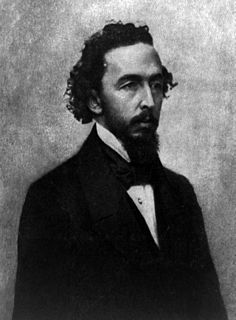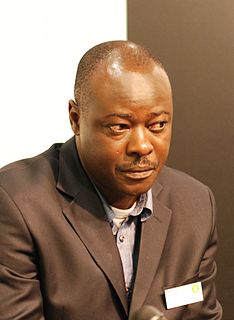A Quote by Rosecrans Baldwin
My ideal vacation isn't about complex maneuvers. I want to arrive somewhere foreign where I don't speak the language, go hiking, then plop down in a sunny square, have drinks, read a book, and see what happens.
Related Quotes
I read everything. I'll read a John Grisham novel, I'll sit and read a whole book of poems by Maya Angelou, or I'll just read some Mary Oliver - this is a book that was given to me for Christmas. No particular genre. And I read in French, and I read in German, and I read in English. I love to see how other people use language.
I start a book and I want to make it perfect, want it to turn every color, want it to be the world. Ten pages in, I've already blown it, limited it, made it less, marred it. That's very discouraging. I hate the book at that point. After a while I arrive at an accommodation: Well, it's not the ideal, it's not the perfect object I wanted to make, but maybe?if I go ahead and finish it anyway?I can get it right next time. Maybe I can have another chance.
Language makes it possible for a child to incorporate his parents' verbal prohibitions, to make them part of himself....We don't speak of a conscience yet in the child who is just acquiring language, but we can see very clearly how language plays an indispensable role in the formation of conscience. In fact, the moral achievement of man, the whole complex of factors that go into the organization of conscience is very largely based upon language.
For most people, what is so painful about reading is that you read something and you don't have anybody to share it with. In part what the book club opens up is that people can read a book and then have someone else to talk about it with. Then they see that a book can lead to the pleasure of conversation, that the solitary act of reading can actually be a part of the path to communion and community.
A travel book is a book that puts you in the shoes of the traveler, and it's usually a book about having a very bad time, having a miserable time, even better. You don't want to read a book about someone having a great time in the South of France, eating and drinking and falling in love. What you want to read is a book about a guy going through the jungle, going through the arctic snow, having a terrible time trying to cross the Sahara, and solving problems as they go.







































